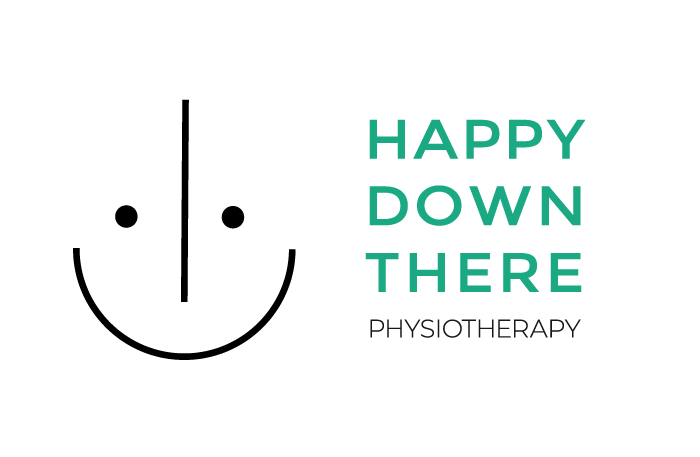Why the language health professionals use matters
When I was pregnant, I remember I used to get the heebie jeebies everytime someone asked me if I was going to be breastfeeding. Not just because my plan was to bottle feed - which is a whole other story of health professionals making me feel guilty and shameful - but because I’ve always been uncomfortable with the word “breasts,” especially in relation to my own body. I’ve always called it my chest, which might have something to do with my time as a competitive gymnast, when having boobs and hips was undesirable. It’s a personal language preference, but it’s something I always think back to when it comes to language sensitivity in a healthcare setting. Like, if someone had just asked me what I wanted to call feeding my child, how much more comfortable would I have felt at those appointments?
While we’re getting better, I still think healthcare professionals need to work on keeping sensitive, inclusive language top-of-mind in their everyday practice. For me, it’s an extension of patient-centred care, which means setting aside our preferences (and the terms we learned in our medical training), and creating space for that specific individual’s needs, experiences and wishes. I hate that so many healthcare professionals treat people like they’re not unique, and that care can be part of a cookie cutter system. Everyone will be fine with the same language, right? Not really.
Being sensitive to a patient’s language preferences is a small way to show them that you’re listening, and creates an opportunity for them to open up to you, and truly describe their emotions and what they’re going through. This matters on a human-to-human level, but I also think it makes for more efficient, effective and meaningful care too. If you don’t know where to start, begin with the basics, like: What are your pronouns? How would you like to be called? Another easy way to be inclusive is to call a group of people not “guys” but maybe “folks” or simple “everyone.”
It’s not about people being “overly sensitive,” but rather, caring enough about the other person to make sure they feel safe and welcomed. After all, there’s nothing better than that feeling of being able to open up without judgment.
